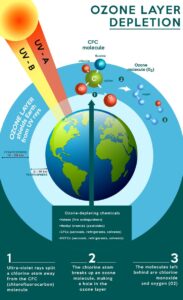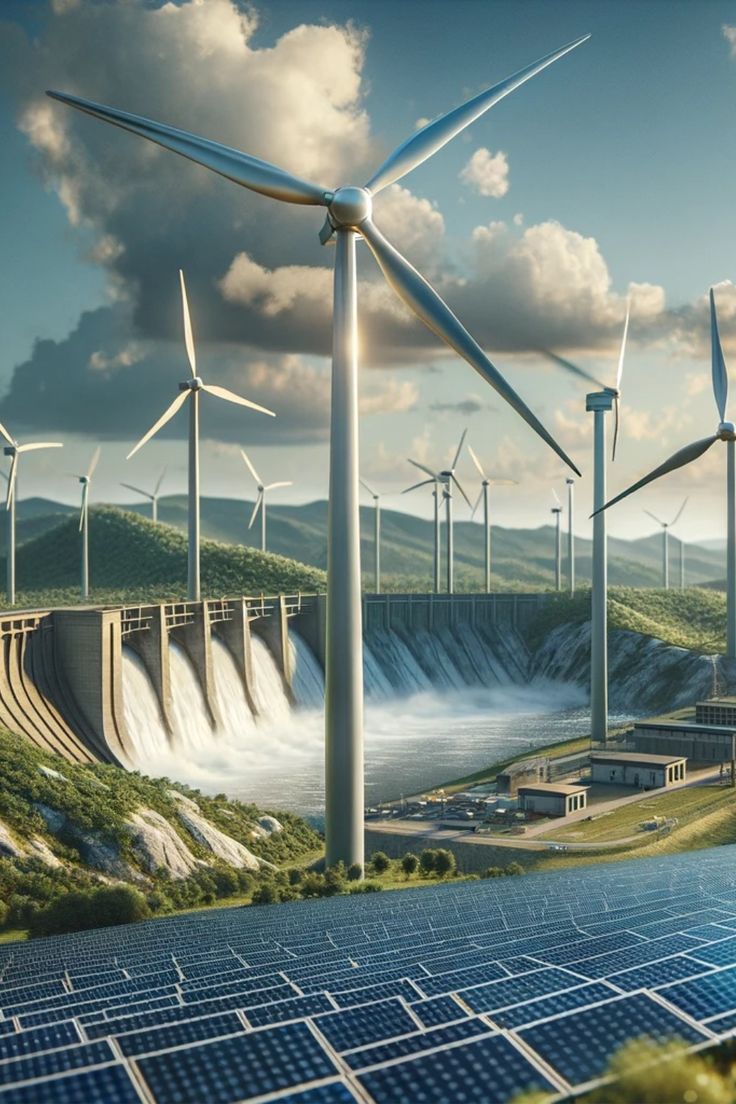
Energy conservation refers to the reduction of energy consumption through various methods, technologies, and practices aimed at minimizing waste and optimizing energy use.
Why Conserve Energy?
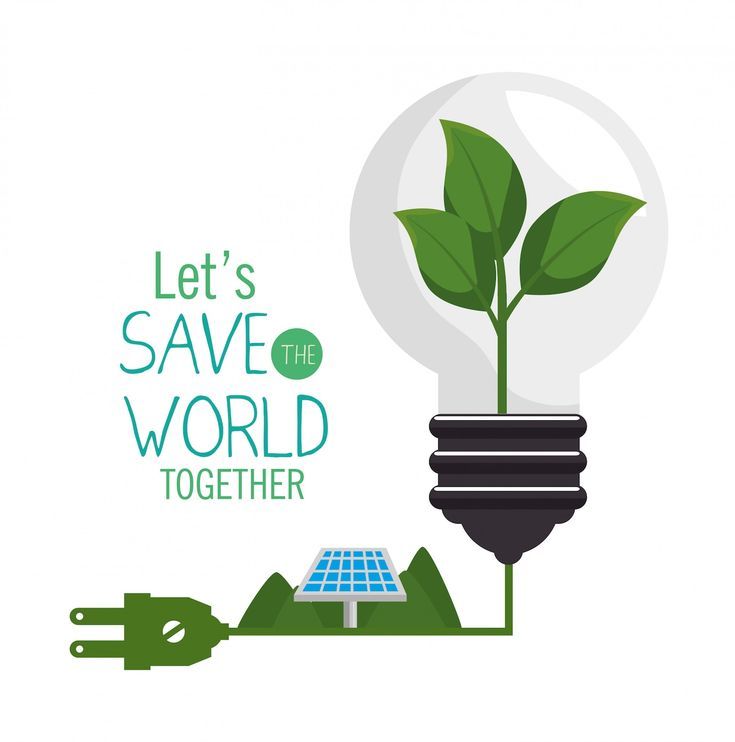
- Mitigate climate change
- Reduce greenhouse gas emissions
- Save money on energy bills
- Increase energy independence
- Protect natural resources
- Improve energy security
- Enhance sustainability
Types of Energy Conservation:

- Renewable Energy (solar, wind, hydro)
- Energy Efficiency (LED lighting, insulation)
- Demand Response (load management)
- Energy Storage (batteries)
- Behavioral Changes (habits, education)
Energy Conservation Methods:

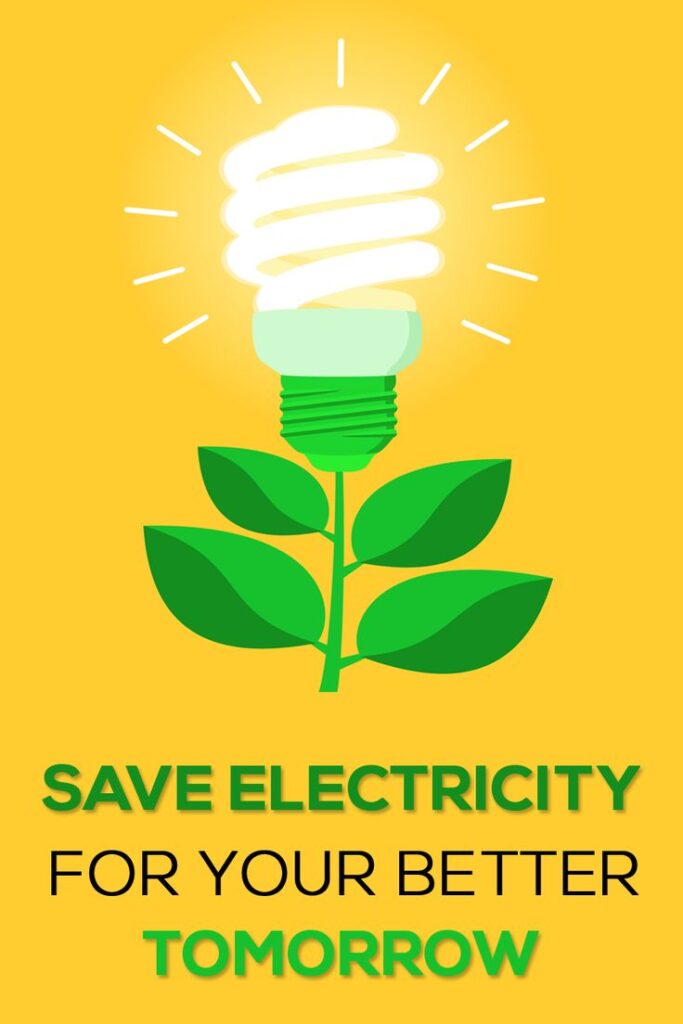
- Turning off lights, electronics when not in use
- Using energy-efficient appliances
- Adjusting thermostat settings
- Insulating buildings
- Using public transport, carpooling
- Implementing smart grid technologies
- Conducting energy audits
Benefits of Energy Conservation:

- Reduced energy costs
- Increased energy security
- Job creation in energy efficiency sector
- Improved air quality
- Enhanced energy independence
- Reduced carbon footprint
- Extended lifespan of energy resources
Energy Conservation Technologies:
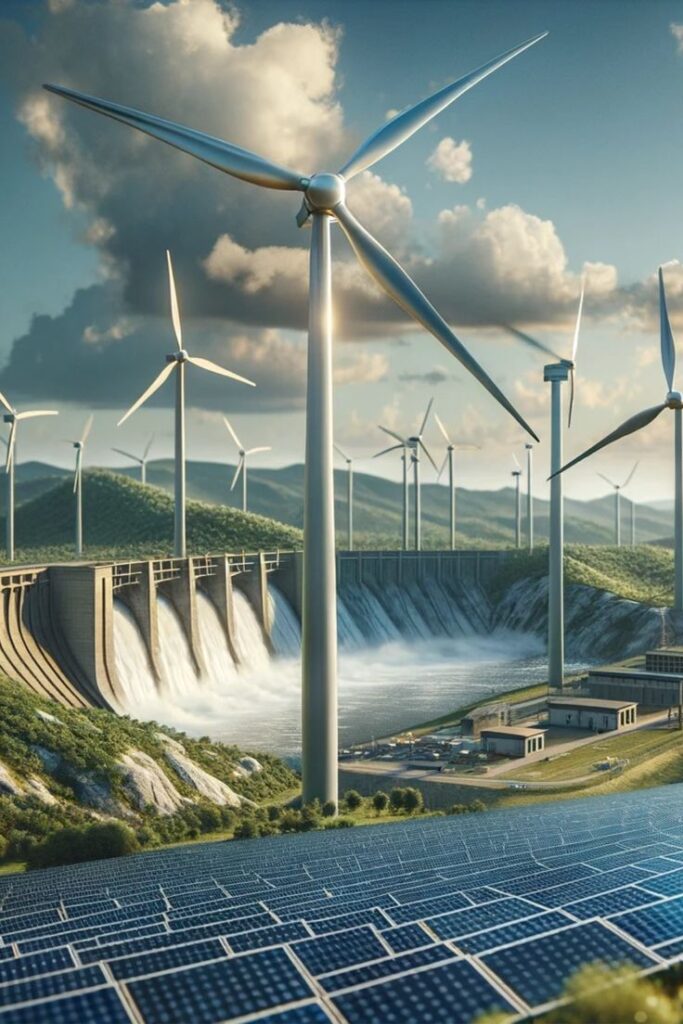
- Smart meters
- Energy management systems
- LED lighting
- Energy-efficient HVAC systems
- Solar panels
- Wind turbines
- Energy storage systems
Global Energy Conservation Initiatives:

- Paris Agreement
- United Nations Sustainable Development Goals (SDGs)
- International Energy Agency (IEA) initiatives
- European Union’s Energy Efficiency Directive
- US Department of Energy’s Energy Efficiency programs
Individual Actions:
- Reduce energy consumption at home
- Use public transport or carpool
- Support renewable energy projects
- Educate others on energy conservation
- Advocate for energy policy changes
Statistics:
- 30% of global energy is wasted.
- Energy efficiency measures can reduce consumption by 20-30%.
- Renewable energy accounts for 26% of global electricity generation.
- Energy conservation can create 3-5 times more jobs than fossil fuel industries.
- Global energy demand is projected to increase by 30% by 2040.
Resources:
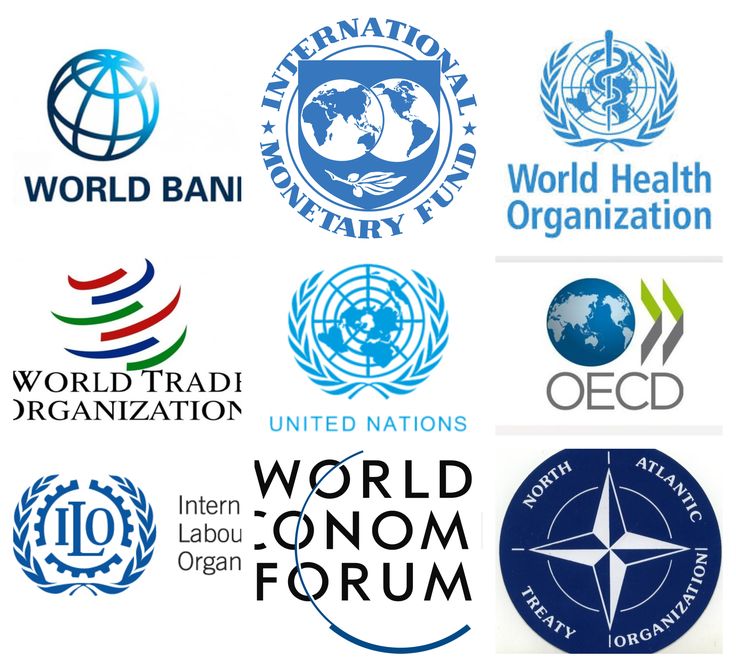
- International Energy Agency (IEA)
- United Nations Environment Programme (UNEP)
- National Renewable Energy Laboratory (NREL)
- Energy Information Administration (EIA)
- World Energy Council (WEC)
Join the effort to conserve energy and create a sustainable future!
